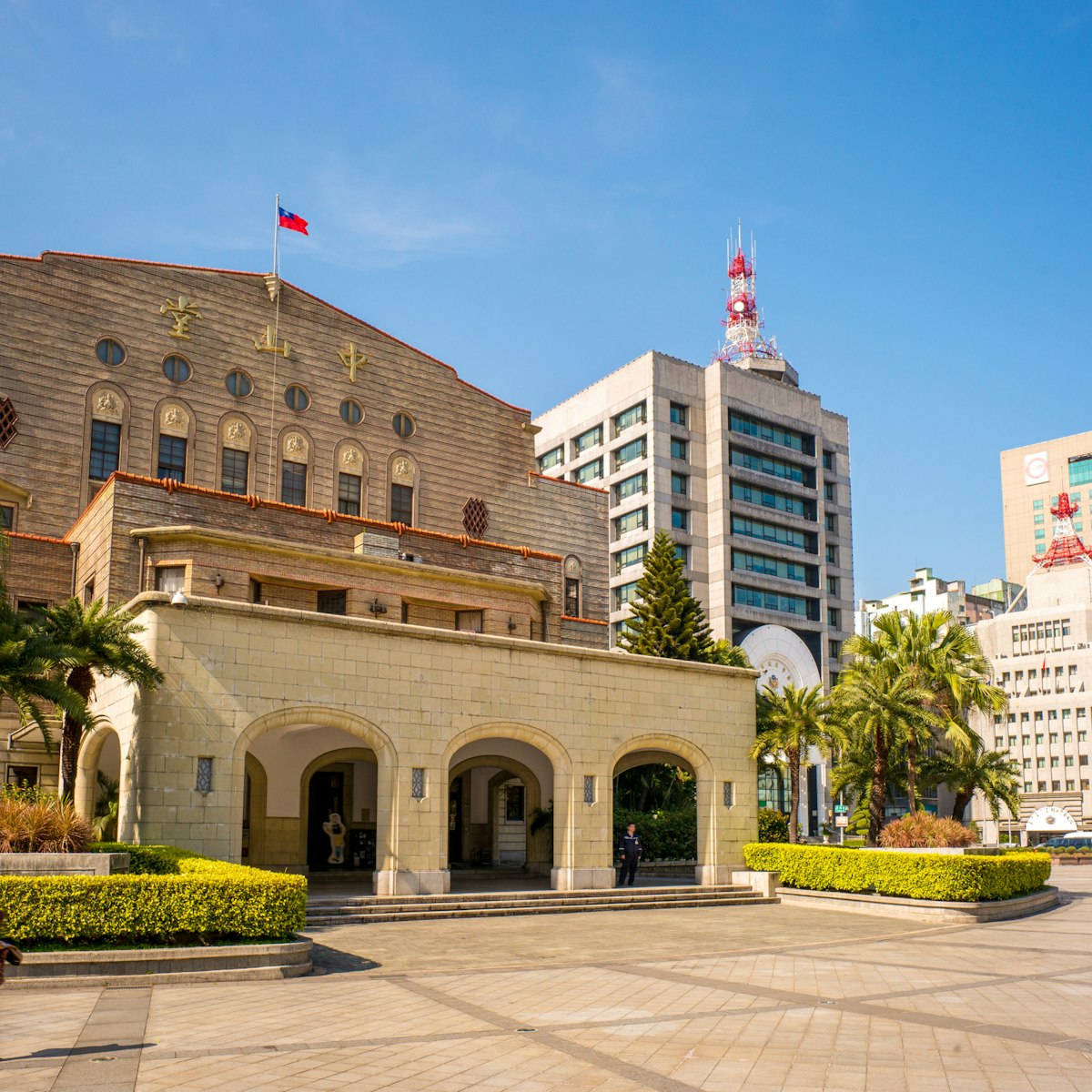This lively and well-loved temple on Dihua St was built in 1856 to house the City God statue that the losers in the Wanhua feud took as they fled upstream. Little has changed since those days. The temple is a terrific spot to witness folk-worship rituals as well as admire some gorgeous pieces of traditional arts and crafts. If you want to pray to the deities yourself, the temple's website has a step-by-step guide on how to go about it.
The temple management deserves kudos for the clear English signs about the temple introducing the City God, the City God's Wife (known as a Chinese Cupid and the recipient of devotees' pleas concerning affairs of the heart) and the Matchmaker (said to have brought together thousands of couples), as well as some of the temple's outstanding decorative pieces.
Two of the most interesting are clay sculptures in the main hall just before the altar, demonstrating the Chinese talent for using homonyms in art. The sculpture on the left, for example, shows a man on an elephant holding a pike and chime. Since the Chinese for pike is ji and chime is qing, together these form the homonym jiqing meaning 'auspicious' (note that different characters would represent the different meanings, but the sounds are the same). The other sculpture shows a man riding a lion while holding a flag and ball. Flag is qi and ball is qiu, which together sound like qiqiu, or to 'pray for'.
On the City God's Birthday (the 14th day of the fifth lunar month), dozens of temples around Taipei send teams here to entertain the City God. The procession stretches over a kilometre and performances include lion dances, god dances and martial arts displays. Things get going around 2pm to 3pm and all the festivities last five days.







